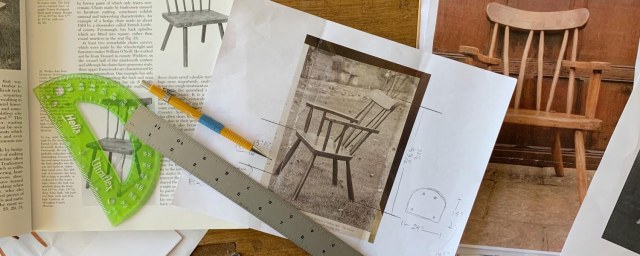Everything You Need to Know About Screws
Screws are essential fasteners used in various applications, from construction to DIY projects. Their versatility, strength, and ease of use make them indispensable in joining materials securely. This article explores the types, uses, and benefits of screws, addressing common questions and highlighting their role in specialized contexts, such as with geotextiles.

What Are the Different Types of Screws?
Screws come in various types, each designed for specific applications. The main types include:
- Wood Screws: Designed with a coarse thread to grip wood securely.
- Machine Screws: Used in machinery and metal, these screws require a pre-threaded hole or a nut.
- Self-Tapping Screws: Create their own thread as they are driven into materials like metal or plastic.
- Sheet Metal Screws: Designed for fastening metal sheets, these screws have sharp threads to cut through metal.
- Deck Screws: Coated to resist corrosion, they are ideal for outdoor use, such as in decking.
How Do You Choose the Right Screw for Your Project?
Selecting the right screw involves considering several factors:
- Material: Choose a screw that is compatible with the material you are working with. For wood, use wood screws; for metal, use machine or sheet metal screws.
- Length and Diameter: Ensure the screw is long and thick enough to hold the materials together without causing splitting or breaking.
- Thread Type: Coarse threads are better for soft materials like wood, while fine threads are suited for hard materials like metal.
- Coating: For outdoor projects, opt for screws with corrosion-resistant coatings, such as galvanized or stainless steel screws.
What Are the Common Uses of Screws in Construction?
In construction, screws are used for:
- Framing and Drywall: Screws provide a strong and secure hold for framing and attaching drywall.
- Decking and Fencing: Deck screws, with their corrosion-resistant coating, are ideal for outdoor structures like decks and fences.
- Roofing: Screws are preferred over nails for attaching roofing materials because they offer better resistance to wind and weather.
- Geotextiles: In projects involving geotextiles, such as road construction or landscaping, screws are used to secure the fabric to the ground or other structures, ensuring stability and preventing displacement.
How Can You Ensure the Longevity and Strength of Screws in Outdoor Projects?
To ensure screws last long and remain strong in outdoor projects:
- Use the Right Material: Opt for stainless steel or coated screws that resist rust and corrosion.
- Pre-drill Holes: This prevents wood from splitting and ensures a tight fit.
- Use Washers: Washers distribute the load and reduce wear on the material, prolonging the screw’s life.
- Regular Maintenance: Check and tighten screws periodically, especially in structures exposed to the elements.
Summary: Screws are vital components in construction and DIY projects, offering reliability and versatility. Understanding the different types of screws, choosing the right one for your project, and knowing their applications in construction, including with geotextiles, can significantly impact the success and durability of your work. By selecting appropriate screws and maintaining them properly, you can ensure the strength and longevity of your projects.




